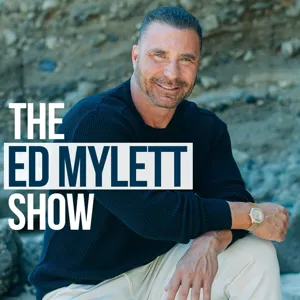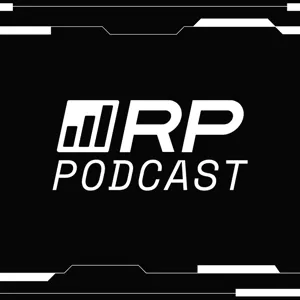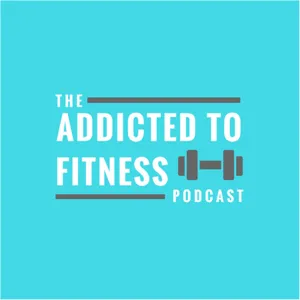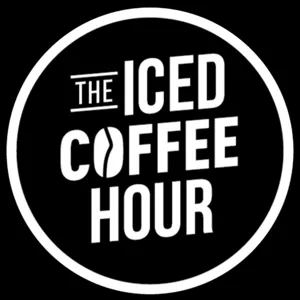#299 ‒ Optimizing muscle protein synthesis: the crucial impact of protein quality and quantity, and the key role of resistance training | Luc van Loon, Ph.D.

View the Show Notes Page for This Episode
Become a Member to Receive Exclusive Content
Sign Up to Receive Peter’s Weekly Newsletter
Luc van Loon is an internationally renowned expert in skeletal muscle metabolism. In this episode, Luc starts with an exploration of the roles of insulin and triglycerides in endurance exercise, highlighting their impact on skeletal muscle metabolism, and he offers profound insights into the significance of protein in this context. He elucidates how different protein types and forms influence muscle protein synthesis rates, exploring the nuances of protein absorption, digestibility, amino acid quality, and their implications for performance and recovery. Delving deeper, he differentiates between animal and plant protein sources, unraveling the distinctive properties of various protein types, from the differences between whey and casein to the emerging trends in collagen protein supplementation. Moreover, Luc dissects the intricate connections among physical activity, lean muscle mass, muscle protein synthesis induced by resistance training, and dietary protein.
We discuss:
- Luc’s background and insights about fuel selection during exercise [3:30];
- Fuel utilization during endurance exercise [9:30];
- Fat metabolism, intramuscular lipids, and the nutritional dynamics of endurance sports [17:15];
- The optimal window for replenishing intramuscular fat stores and glycogen post-exercise [25:15];
- Luc’s interest in protein metabolism and exploration of amino acids' dual role as building blocks and signaling molecules in driving muscle protein synthesis [32:15];
- How protein metabolism differs between sedentary individuals and those engaged in predominantly strength training or endurance training [38:45];
- The basics of how proteins are digested and absorbed, and how muscle protein synthesis is measured [50:30];
- How factors like food texture, cooking methods, and protein composition impact muscle protein synthesis, and the importance of protein distribution throughout the day [59:45];
- Differences in whey and casein proteins, and the ability of ingested protein to stimulate muscle protein synthesis [1:03:30];
- Dietary protein distribution and quantity for the maximization of muscle protein synthesis [1:09:00];
- Muscle loss with age and inactivity and the importance of resistance exercise to maintain type II muscle fibers [1:17:15];
- Differences between whey and casein proteins, and the importance of both quantity and quality of protein sources [1:28:30];
- Optimizing muscle protein synthesis: exercise, timing of protein intake, protein quality, and more [1:37:00];
- How to preserve muscle while trying to lose weight [1:46:00];
- Anabolic resistance and overcoming it with physical activity [1:55:45];
- Importance of protein intake and physical activity in hospitalized patients [2:06:30];
- Reviewing the efficacy of collagen supplements [2:13:30];
- Plant-based diets: how to ensure a balance of amino acids, and other considerations [2:20:30];
- Future research: understanding protein metabolism in the brain [2:23:45]; and
- More.
Connect With Peter on Twitter, Instagram, Facebook and YouTube











